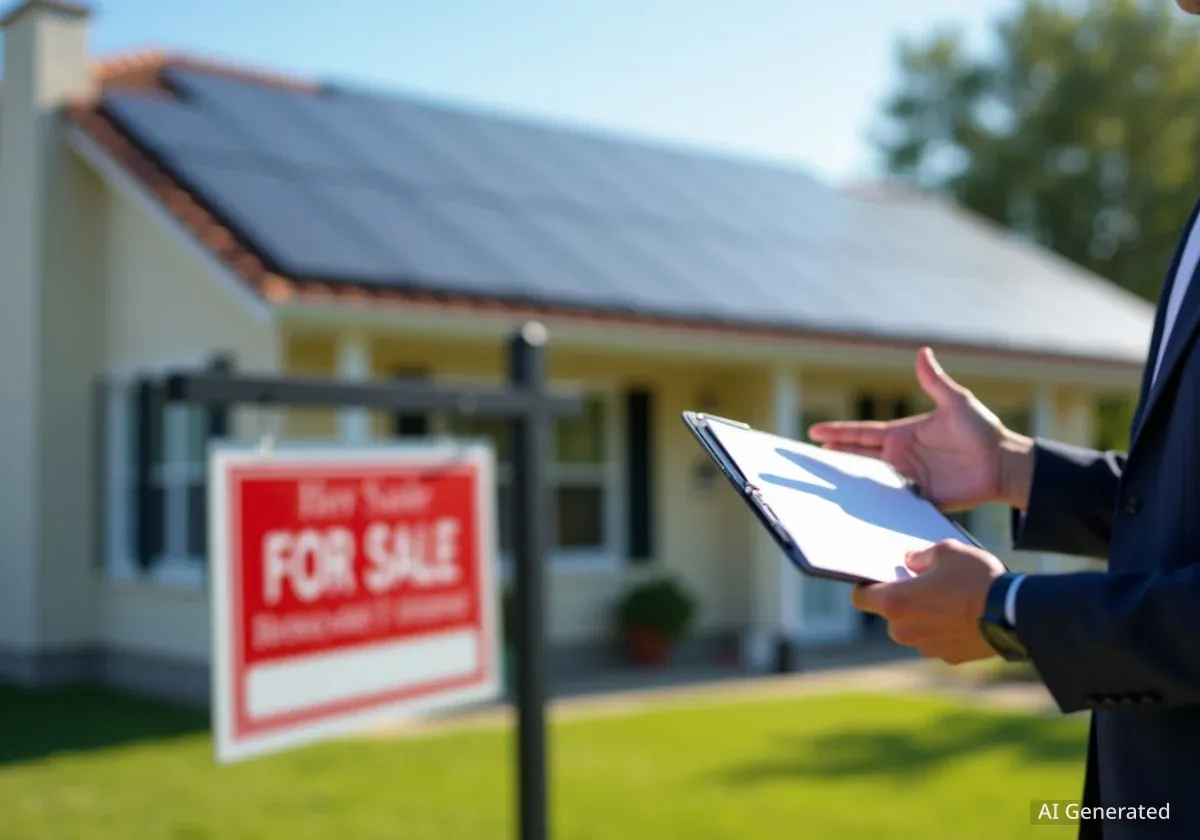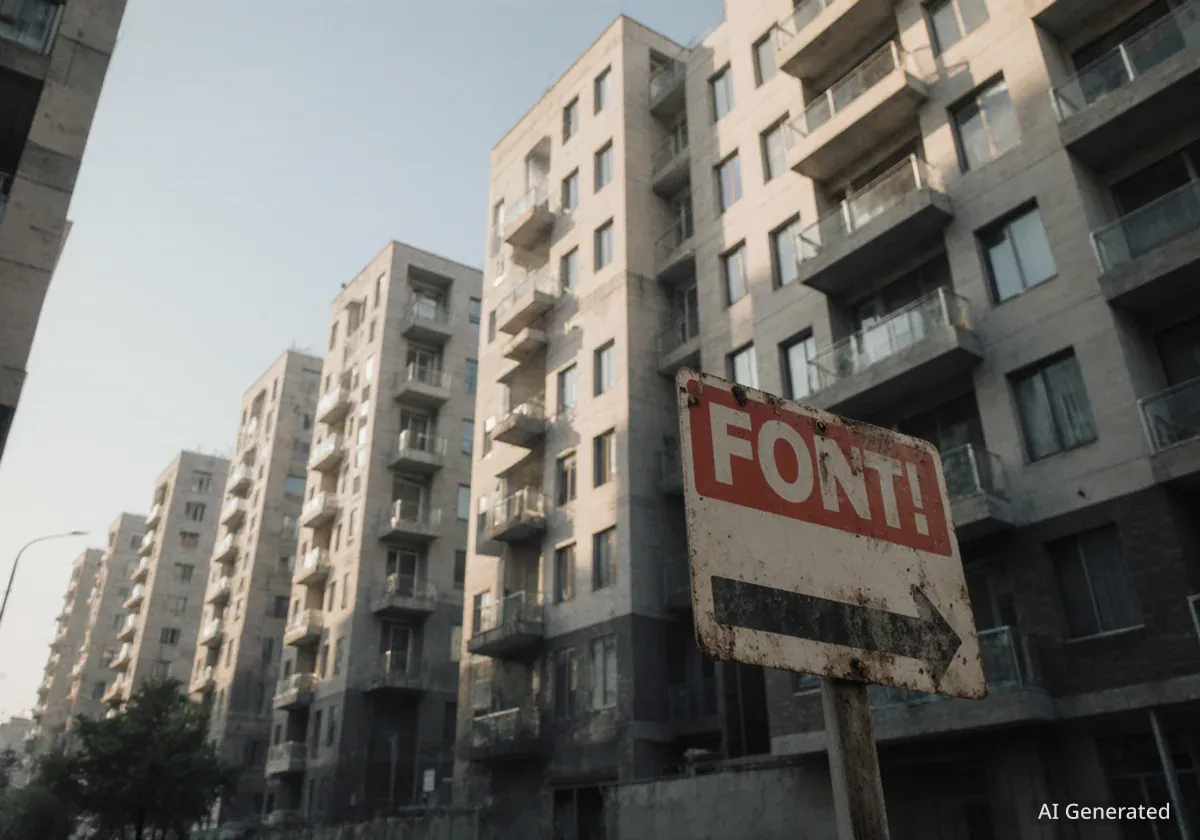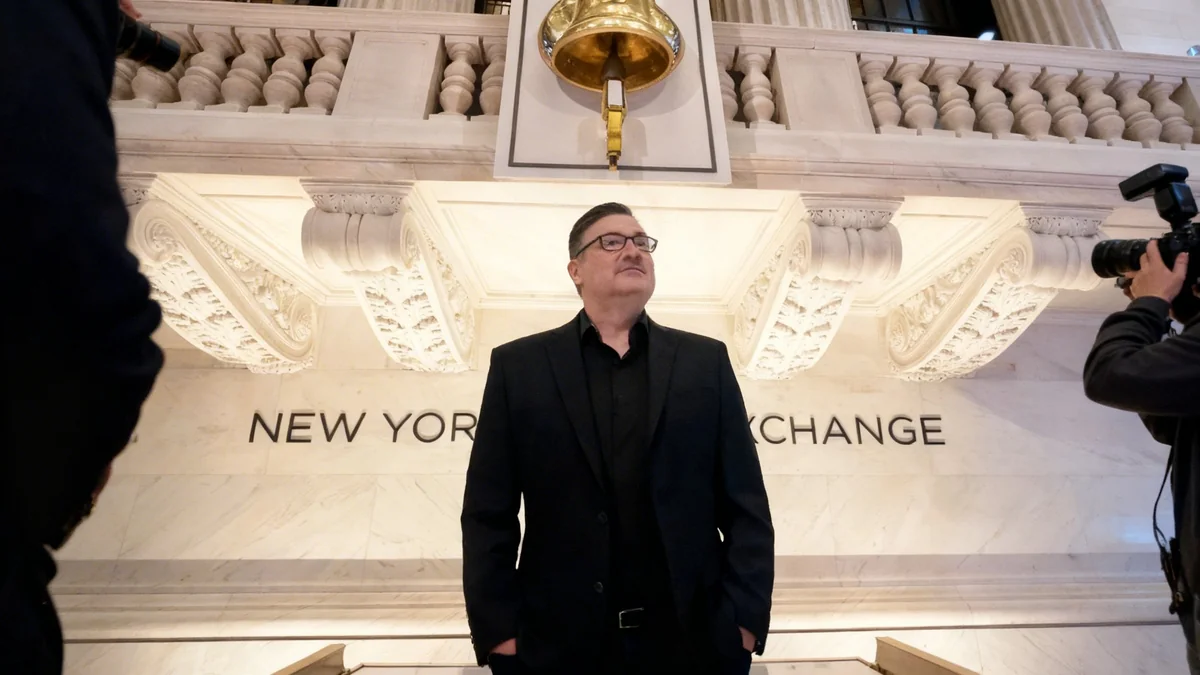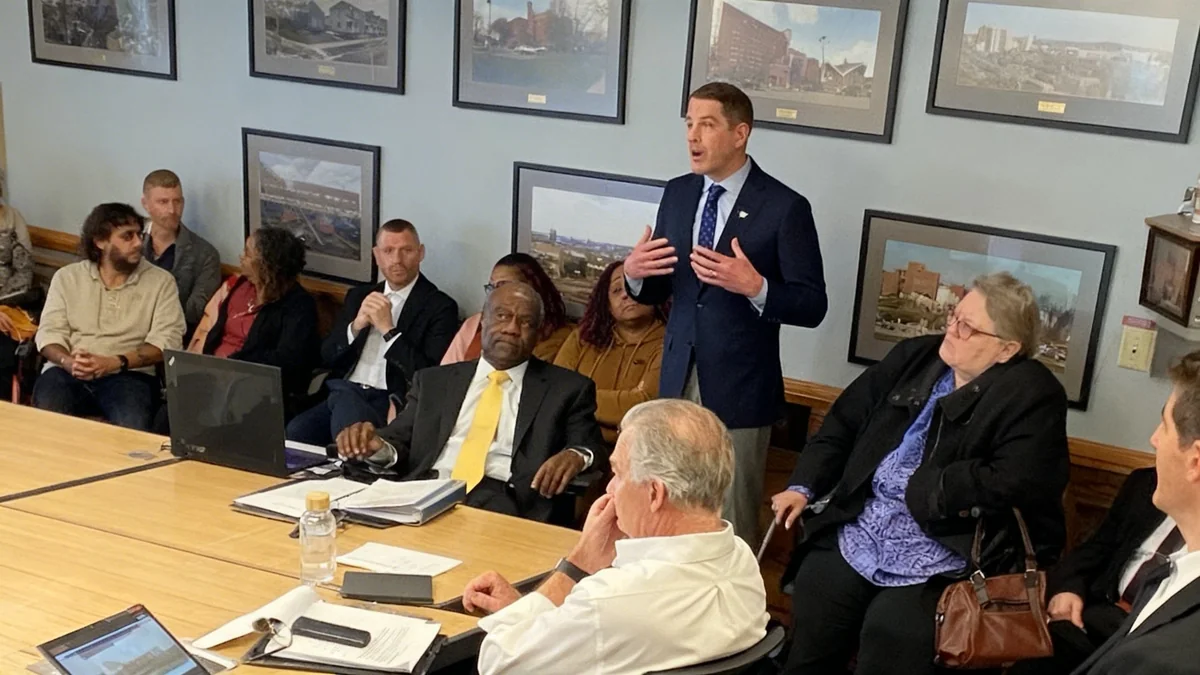Selling a home with rooftop solar panels can introduce significant complications into the real estate process. Many homeowners and real estate agents lack a full understanding of the financial nuances, particularly the differences between owned, leased, and loaned systems, which can lead to unexpected costs and transaction delays.
According to an industry expert, a common misconception is that all solar installations add value to a property. In reality, the type of financing determines whether the panels are an asset or a liability, a distinction that is often overlooked until late in the sale.
Key Takeaways
- Loaned solar systems are considered debt and do not add appraisal value to a home; lenders often require the loan to be paid off at sale.
- The value of a solar installation heavily depends on its contract terms, such as locked-in electricity rates and annual price escalators.
- Many real estate agents are not well-versed in solar technology, leading to improper marketing and negotiation challenges.
- Owned solar systems can be listed as an asset, but leased systems or those with unfavorable terms may deter potential buyers.
Understanding Solar in Real Estate Transactions
The process of buying or selling a property is already complex, but adding a rooftop solar system introduces another layer of technical and financial details. Many real estate professionals are not equipped to handle these specifics, which can create confusion for both buyers and sellers.
Greg Field, a solar home specialist at Homesmart with nearly 20 years of experience in renewable energy, highlights a significant knowledge gap in the industry. "There are so many nuances to rooftop solar, which means there’s a fair amount about selling solar homes that most realtors don’t understand," Field stated.
One such complexity involves grandfathered utility buyback rates. In some cases, the new homeowner must adopt the seller's existing rate plan. While this can be beneficial, it can also lock a buyer into an outdated or unfavorable agreement, potentially diminishing the home's long-term value.
Loaned vs. Owned Systems: A Crucial Difference
A primary point of confusion revolves around how solar panels are financed. Many homeowners believe that if they are making payments on a system, they own it and it automatically increases their home's value. However, this is often not the case.
The Problem with Solar Loans
"A big misconception happens when a client takes out a loan on a solar system, thinking they own the system and that it will add value to the home when it’s appraised," Field explained. He clarified that a loaned system is treated as debt, not an asset.
"Loaned solar can’t add any value to the home, only debt."
This becomes a major issue during the sale. Lenders today overwhelmingly prefer that the solar loan be fully paid off rather than transferred to the new buyer. This can force sellers into a difficult financial position.
"From the seller’s side, it’s a discussion about whether or not you can afford to lose this out of your equity and pay off the loan to sell your house," Field said. This conversation can be frustrating for sellers who were under the impression they were investing in a home improvement, not taking on a liability.
Did You Know?
Unlike a kitchen remodel or other home improvements, a solar loan is often secured against the equipment itself, not the property. This is why it's treated as personal debt rather than a home equity asset during an appraisal.
The Impact of Leases and Contract Terms
Beyond loans, the specific terms of a solar lease or Power Purchase Agreement (PPA) determine its actual value. A system's benefit to a new owner is not guaranteed and depends entirely on the contract signed years earlier.
Field provided an example of a deal that loses value over time. A home with a solar lease that is two years old and has a 3% annual rate escalator is not an attractive proposition in the current market. "That’s not going to have tremendous value... since your rates are going up 3% every year," he noted.
Conversely, a well-structured agreement can be a powerful selling point. Field has encountered systems with a locked-in 10-cent per kilowatt-hour rate and no escalator clause. He described this as a "phenomenal" value for a buyer when compared to fluctuating utility prices.
- Owned Systems: Can be listed as a valuable asset that increases a home's sale price.
- Leased Systems: Value depends on the monthly payment, annual escalators, and remaining term.
- Loaned Systems: Considered a debt that must typically be settled before the property sale can close.
Upcoming Policy Changes
According to Field, upcoming changes to residential solar tax credits could shift the market. He predicts that homes with existing solar installations will become more valuable as new incentives change. "I’d look at homes with solar as being slightly more valuable than ones without," he commented.
The Role of Real Estate Agents
A significant part of the problem lies with real estate agents who are uncomfortable with the topic of solar energy. This lack of expertise can lead to missed opportunities and complications during negotiations.
"Because most agents aren’t very comfortable with the subject, they don’t talk about it enough," Field said. This avoidance tactic often backfires. An agent might show a house and mention the solar panels only as an afterthought, failing to explain the financial arrangement.
When the details of a loan or lease emerge during the inspection or financing stages, it can become a major obstacle. "That becomes a sticking point," Field added. Buyers may be scared off by the prospect of assuming a loan or an unfavorable lease, and the deal can fall apart.
For a smooth transaction, it is essential that sellers work with agents who understand solar technology and can clearly communicate its value—or its obligations—to potential buyers from the very beginning. Properly marketing a home with solar requires a transparent presentation of all associated costs and benefits.





